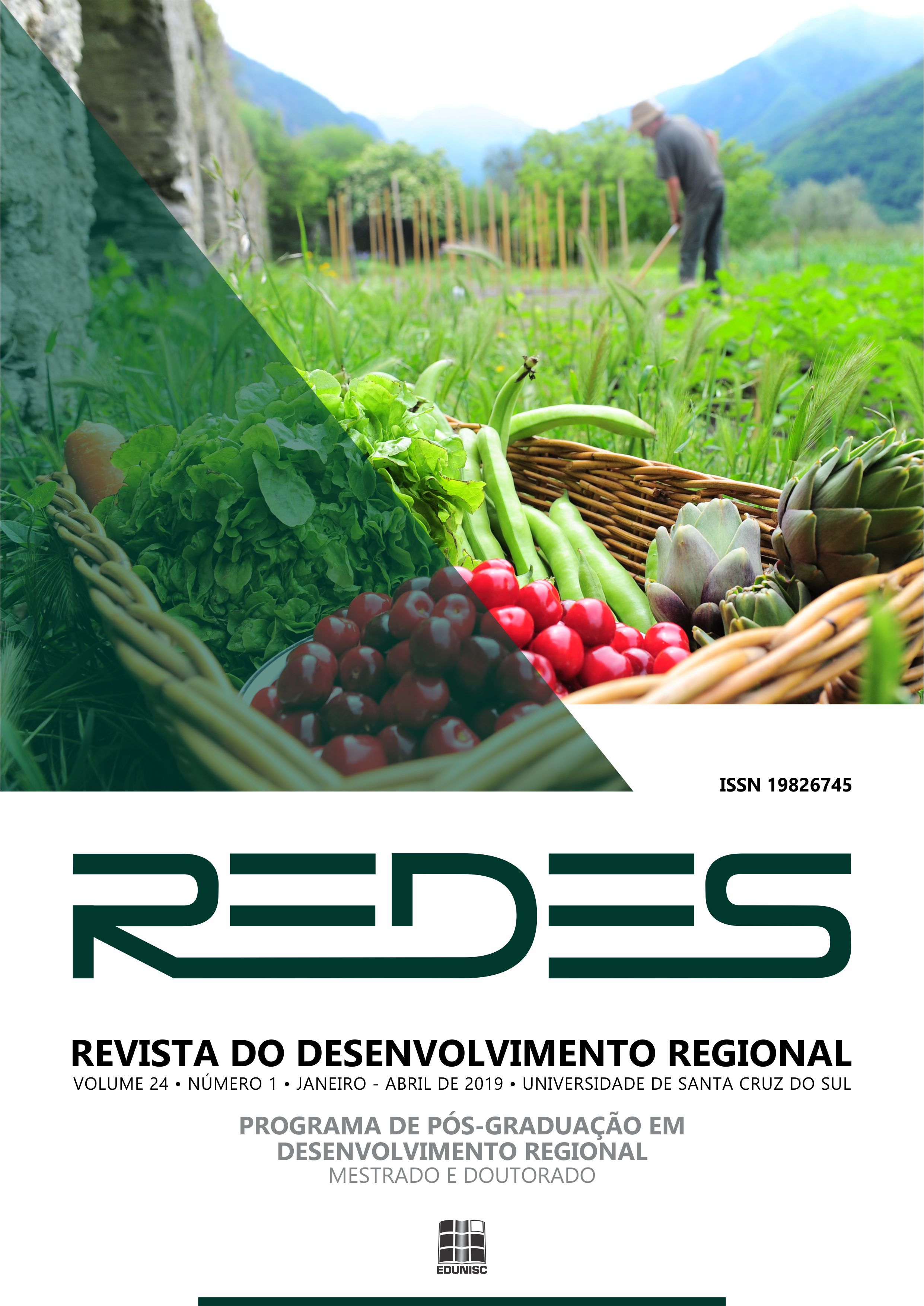The Brazilian trajectory of construction of public policies for agroecology
DOI:
https://doi.org/10.17058/redes.v24i1.13035Keywords:
Agroecology. Public policies. Family farming.Abstract
This article analyzes the construction of public policies for agroecology in Brazil focusing on: (a) the economic, political and institutional context and the processes of social organization that enabled the emergence of this public agenda; (b) the creation of networks to promote agroecology with capacity to influence public action; (c) the incorporation of the agroecological approach in public policies considering the coexistence of different conceptions of agroecology. Results come from an interinstitutional research that involved several researchers and organizations linked to the Public Policy and Rural Development Network in Latin America (PP-AL). They point out that the construction of policies in favor of agroecology gained space after 2002, when the election of President Lula took to the structure of the State actors with direct interface with social movements and unions. In the broad political coalition that was formed in the new government and especially in the Ministry of Agrarian Development (MDA), agrarian movements predominated, as well as their traditional demands of rural credit and agrarian reform. However, they faced an increasingly expressive and organized agroecological movement, which forced the gradual incorporation of socio-environmental references in differentiated agricultural policies for rural development. In addition, this convergence was strengthened by the food and nutritional security agenda, which played a decisive role in the dissemination of agroecology as a reference for public policy.Downloads
Download data is not yet available.
Downloads
Published
2019-01-03
How to Cite
Niederle, P. A., Sabourin, E. P., Schmitt, C. J., de Ávila, M. L., Petersen, P. F., & de Assis, W. S. (2019). The Brazilian trajectory of construction of public policies for agroecology. Redes , 24(1), 270-291. https://doi.org/10.17058/redes.v24i1.13035
Issue
Section
Institutional Markets: Reconnecting Production to Consumption



